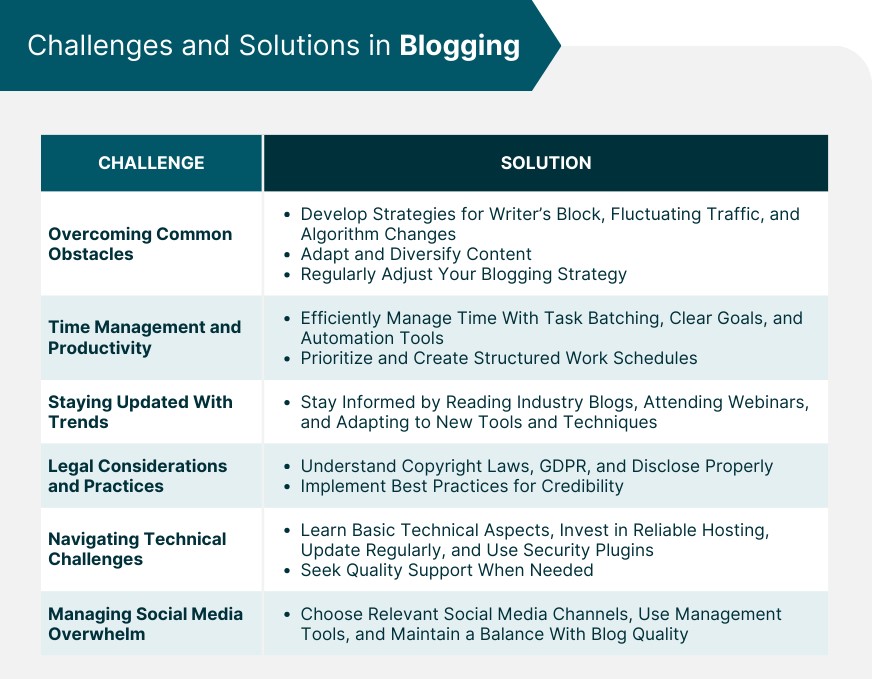In today’s digital age, blogs have become a powerful tool for sharing information, expressing ideas, and even making money. But what exactly is a blog? And how is it different from a traditional website or a wiki? This article dives deep into the world of blogs, exploring what they are, what they’re used for, and how anyone can start a blog. Let’s unravel the mystery of blogging and see what makes this digital tool so impactful in the online world.

Table of Contents
| Sr | Headings |
|---|---|
| 1 | What is a Blog? |
| 2 | What is a Blog Used For? |
| 3 | What is a Blog Post? |
| 4 | Example of a Blog |
| 5 | What is a Blogger? |
| 6 | How Do Bloggers Get Paid? |
| 7 | Blog vs. Website: What’s the Difference? |
| 8 | Blog vs. Wiki: What’s the Difference? |
| 9 | How to Start a Blog |
| 10 | The Future of Blogs |
| 11 | FAQs |
1. What is a Blog?
A blog is an online journal or informational website that displays content, known as “blog posts,” in reverse chronological order, with the newest post appearing first. Blogs allow individuals or companies to share insights, stories, news, and opinions, providing readers with a platform to engage and connect on various topics.
2. What is a Blog Used For?
Blogs serve multiple purposes, from sharing personal stories to educating audiences about specific topics. They are widely used by businesses to improve their online presence, as blog posts can rank on search engines, attracting potential customers and providing valuable information.
3. What is a Blog Post?
A blog post is an individual entry or article written on a blog. Posts can vary in length, style, and format but typically include text, images, videos, and links to other online content. Each blog post addresses a specific topic and is often crafted to engage readers and encourage interaction through comments and shares.
4. Example of a Blog
An excellent example of a blog is The Huffington Post. Originally launched as a personal blog by Arianna Huffington, it has evolved into a significant news platform that covers various topics, from politics to entertainment. Blogs can range from small, personal journals to large media sites.
5. What is a Blogger?
A blogger is someone who writes and manages a blog. Bloggers can be hobbyists sharing personal insights or professional writers generating income through sponsored posts, ads, and affiliate links. Bloggers often focus on niche areas, providing expertise, insights, and updates in a specific field.
6. How Do Bloggers Get Paid?
Bloggers can make money through various avenues:
- Advertising: Display ads on their blog through networks like Google AdSense.
- Affiliate Marketing: Earn commissions by promoting products.
- Sponsored Content: Write posts for brands that want to reach the blogger’s audience.
- Selling Products/Services: Offer their own products, such as eBooks or courses.
7. Blog vs. Website: What’s the Difference?
Though a blog and a website may seem similar, they have key differences:
- Blogs are dynamic, with frequently updated content in the form of posts.
- Websites are typically static, offering information in fixed pages.
Blogs encourage interaction through comments, while websites are often more business-oriented and informational without interactive elements.
8. Blog vs. Wiki: What’s the Difference?
A blog is typically run by one person or a small team and reflects the writer’s perspective. In contrast, a wiki is a collaborative platform where multiple contributors can add or edit content. While blogs are organized by dates, wikis are categorized by topics and focus on objective information.
9. How to Start a Blog
Starting a blog is easier than ever. Here’s a simple step-by-step guide:
- Choose a Niche: Select a specific topic or area you’re passionate about.
- Pick a Platform: Use a popular blogging platform like WordPress.
- Domain and Hosting: Register a domain name and find a hosting provider.
- Design Your Blog: Choose a theme and customize it to fit your brand.
- Create Content: Write your first blog post and share valuable content.
- Promote Your Blog: Use social media and SEO to drive traffic.
10. The Future of Blogs
Blogs continue to evolve, integrating with social media and adapting to new content forms like podcasts and video blogs (vlogs). AI technology and content personalization are also reshaping blogging, making it easier for bloggers to target and engage specific audiences effectively.
FAQs
1. How often should I post on my blog?
Consistency is crucial. Aim for at least one post per week to keep readers engaged and improve your blog’s SEO.
2. Can I start a blog for free?
Yes, platforms like WordPress.com and Blogger offer free plans, but upgrading to a paid plan allows for more customization and monetization.
3. What’s the best length for a blog post?
Around 1,000 to 2,000 words is a good range. Longer posts often perform better in search engines, as they provide in-depth information.
4. Do I need technical skills to start a blog?
Not at all. Many platforms are user-friendly, requiring minimal technical knowledge to get started.
5. Is blogging still relevant in 2024?
Absolutely! Blogs remain a valuable tool for sharing information, engaging audiences, and generating income.